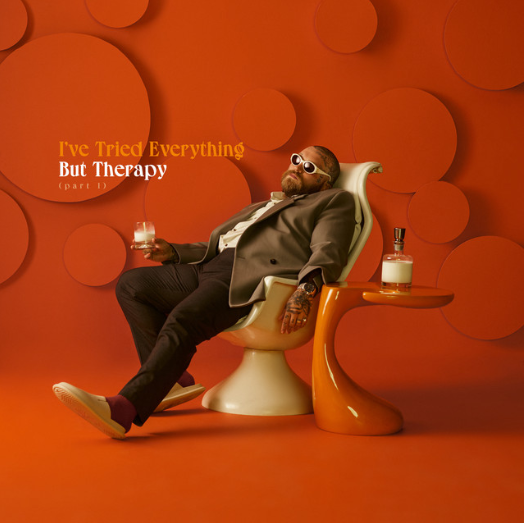I went to see the film “12 Years a Slave” over Thanksgiving break with my brother, and after the movie we found ourselves divided on what we should have taken from the film. On a strictly theatrical level, my brother declared it a four star film. The symbolism, cinematography, performances and directing were all top-notch and were intertwined with a thematically rich story. I, on the other hand, couldn’t get the pestering idea out of my head that something was amiss about portraying slavery, or any horrific historical event, in a fictionalized manner.
My overriding concern for the film is that people will hail “12 Years a Slave” as a great film about slavery, a somewhat dubious and noxious claim, precisely because people will not talk about the actual issue of slavery, but rather how slavery is depicted in the film. Any film about serious, real life material runs the inevitable risk of being Hollywood-ized. Ironically “12 Years a Slave” is especially susceptible to this treatment when it is, “based on a true story.” By dramatizing the events of slavery, no matter how respectful, it still fictionalizes elements of the tragedy, which diminish its atrocities and horrors to a palpable format for viewers.
However, this sentiment cannot be avoided when a subject matter as harrowing and daunting as slavery is portrayed in a format aimed at the commercialized masses. Some liberties must be taken with the original historical events in order to make a movie that holds wide appeal. Even with the best intentions of a director, the film has the potential to completely undermine the tragic magnitude of its subject matter. Imperatively, the distinction must be made that “12 Years a Slave” is not a slavery film, but rather a film that uses the event of slavery as a conduit to express greater themes pertaining to life and humanity in the context of slavery.
This notion extends to other films about real life tragedies. The Holocaust is probably the event most analogous to slavery in terms of human tragedy and number of media depictions. However, there is a very important distinction to be made between the Holocaust and slavery. The Holocaust has been portrayed in so many different movies and retold in countless books that we’ve almost become desensitized to the issue. It probably doesn’t help that the Holocaust occurred in a different country, which provides some emotional distance, and that the Holocaust is linked to World War II, an American victory. In a sense, the Holocaust represents a chance for America to showcase its triumphant militaristic, humanitarian and utilitarian defeat over Nazism.
By no means do I intend or wish to sound glib about the Holocaust and the tragedy it brought to millions of people. It’s one of the most tragic events in human history, but by continuing to mine the event for entertainment value, we run the risk of forgetting the true horror of such an event.
This is exactly the reason for my concern of depicting slavery in film. We could never defeat or conquer slavery, only dissolve the morally depraved institution that perpetuated it. The ramifications of racial inequality are still felt today, with one of the most prominent examples being St. Louis’s Delmar Divide. Slavery will always remain a dark mark on our nation’s history and humanity in general. Yet, with something of this magnitude, I don’t want our only knowledge of slavery to come from various depictions in film.
Therefore, I have come to the pressing realization that it is of significant moral and personal importance that we learn about these events, lest we repeat them. Like the Holocaust, slavery is a gross exploitation and trivialization of human freedoms, dignity and life. The events that occurred are ineffable, but should certainly not be incommunicable. This philosophical dilemma leaves me unsure of how to best communicate these horrific events, and the only solution I can surmise is to depict these events in the truest, most realistic sense possible. This would mean documentaries, or non-fiction books, or any format that would aim to tell the story in an acutely accurate, factual and blunt fashion. I feel this would make the inherent issues of slavery, the Holocaust and any other real-life tragedy self-evident.
Topics of this nature are certainly not easy to talk about and are even harder to visualize, but are we doing ourselves a disservice by fictionalizing these heinous crimes, no matter how slight? It would seem in our best interest to report these events just as they happened so that by glimpsing the true immense emotional weight of these events, perchance we could come to some sort of illuminated insight, realization or complete understanding of the true horrors so that we may vow to never let these tragedies happen again.







